The Freqonomics podcast explores “the hidden side of everything.” This particular episode does a masterful job of charting the Internet’s trajectory from its inception (and before) to the present. Without being overly technical, it outlines some key trends that may threaten the original vision of the net as an open communication platform for everybody—and may also have profound impact on our greater society.
Tag: history
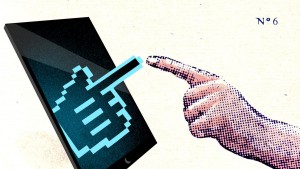 This is a big question with a multitude of answers. NPR’s new program/podcast Invisibilia answers with three stories. The first one looks at the big picture with questions about artificial intelligence, wearable computers, and the possibilities for human/computer co-evolution. The other two stories look at specific, personal, right-now examples of human character changes as a result of digital technology.
This is a big question with a multitude of answers. NPR’s new program/podcast Invisibilia answers with three stories. The first one looks at the big picture with questions about artificial intelligence, wearable computers, and the possibilities for human/computer co-evolution. The other two stories look at specific, personal, right-now examples of human character changes as a result of digital technology.
npr.org/programs/invisibilia/385792677/our-computers-ourselves
Nicholas Negroponte has been predicting—and creating—the future for decades. In this TED talk he walks us through those decades, pointing out what the future looked like from many vantage points in the past, and ending with a startling prediction. Given his track record for correctly predicting the future, do you think he’s right on this one?
[ted id=2043 lang=en]
ted.com/talks/nicholas_negroponte_a_30_year_history_of_the_future
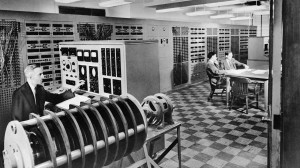 In Digital Planet we tell the stories of many of the pioneers of the digital age—people who invented or discovered ways of doing things that weren’t previously possible. In his book The Innovators, Walter Isaacson weaves many of those stories, and others, together into a larger story—the story of the creation of the Internet. In this Fresh Air interview, he makes it clear that great changes often result from the work of many people over time.
In Digital Planet we tell the stories of many of the pioneers of the digital age—people who invented or discovered ways of doing things that weren’t previously possible. In his book The Innovators, Walter Isaacson weaves many of those stories, and others, together into a larger story—the story of the creation of the Internet. In this Fresh Air interview, he makes it clear that great changes often result from the work of many people over time.
npr.org/blogs/alltechconsidered/2014/10/06/353269811/how-the-cold-war-and-george-orwell-helped-make-the-internet-what-it-is
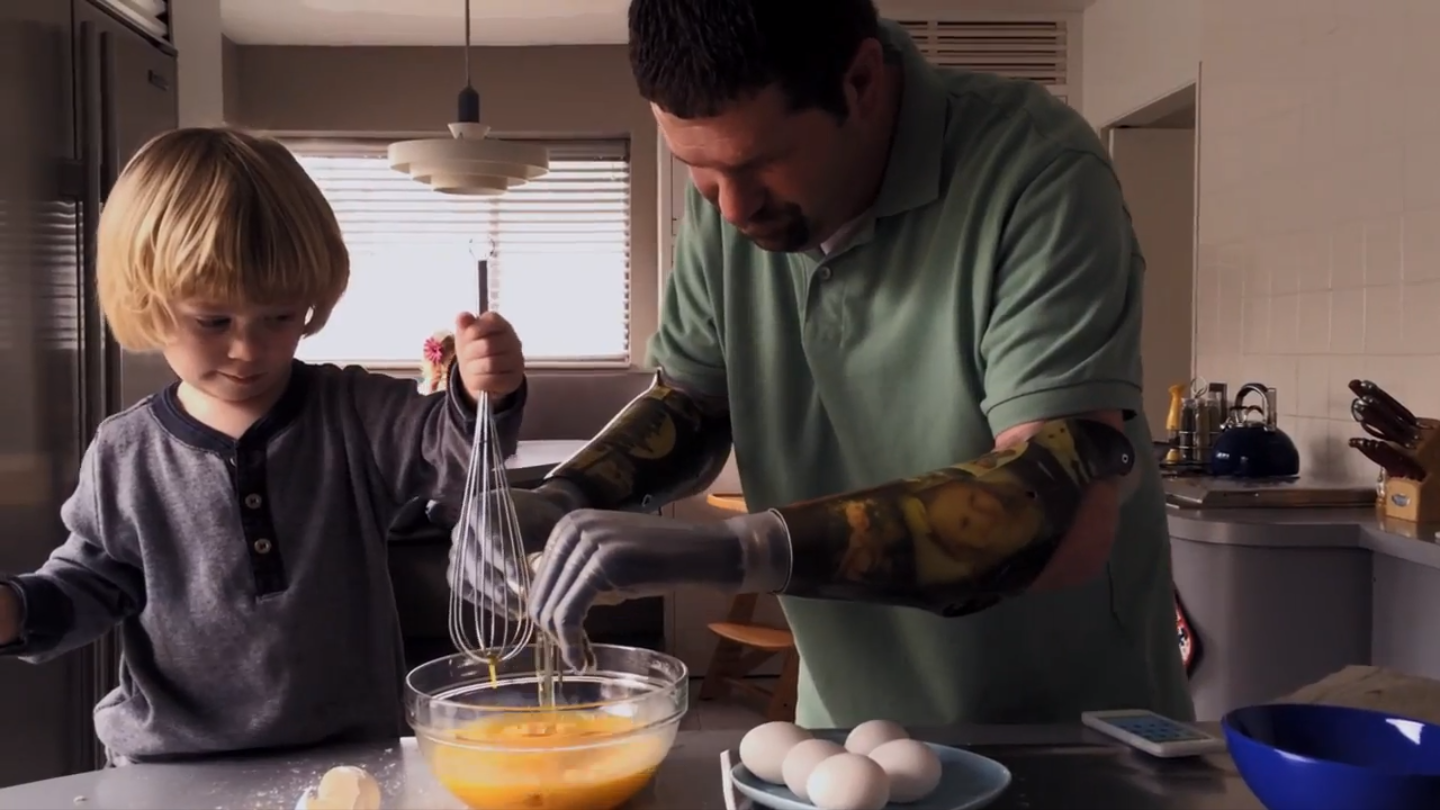 In 1984 Apple rocked the advertising world with a Superbowl commercial directed by Ridley Scott. The commercial depicted a futuristic dystopian dictatorship being challenged by a courageous young heroine with a vision; a not-at-all-subtle metaphor for the soon-to-be-introduced Macintosh computer. The commercial won countless awards when it was aired, and many of the revolutionary features of the Macintosh were quickly adopted by Microsoft, the company that the commercial suggested was the enemy of freedom. Three decades later, Apple is no longer a feisty young rebel.
In 1984 Apple rocked the advertising world with a Superbowl commercial directed by Ridley Scott. The commercial depicted a futuristic dystopian dictatorship being challenged by a courageous young heroine with a vision; a not-at-all-subtle metaphor for the soon-to-be-introduced Macintosh computer. The commercial won countless awards when it was aired, and many of the revolutionary features of the Macintosh were quickly adopted by Microsoft, the company that the commercial suggested was the enemy of freedom. Three decades later, Apple is no longer a feisty young rebel.
This new Apple commercial, filmed completely with iPhones, captures a much more optimistic vision of the role of digital technology in our future. (Ironically, it had a lot in common with Microsoft’s Super Bowl ad.) What will Apple’s (or Microsoft’s) visionary commercials look like 30 years from now?
Read more about the ad at huffingtonpost.com/2014/02/03/apple-mac-ad-30th-anniversary_n_4718255.html.
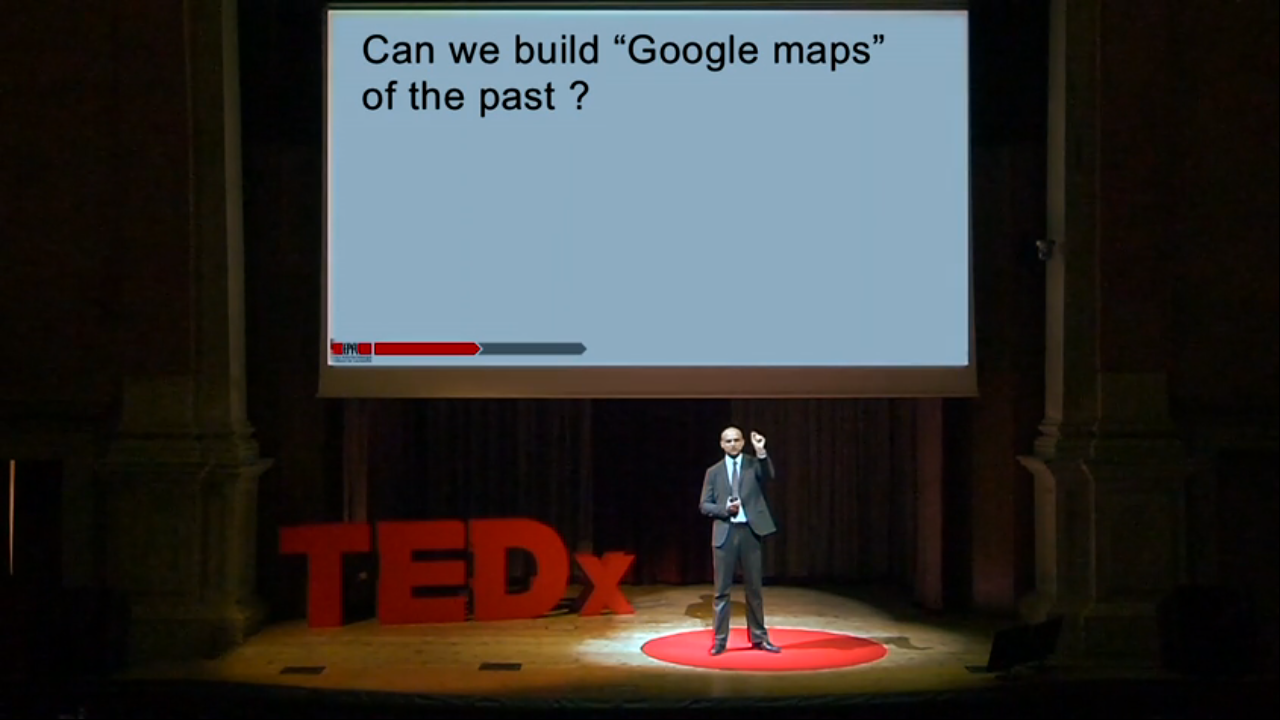 In the last few years we’ve become accustomed to Google Earth and similar apps that give us the power to “go” almost anywhere in a matter of seconds. Massive geographical databases put the world at our fingertips. In this TED talk Frederic Kaplan describes a research project that adds another dimension—time—to our search capabilities. How long will it be before your phone is a digital time machine?
In the last few years we’ve become accustomed to Google Earth and similar apps that give us the power to “go” almost anywhere in a matter of seconds. Massive geographical databases put the world at our fingertips. In this TED talk Frederic Kaplan describes a research project that adds another dimension—time—to our search capabilities. How long will it be before your phone is a digital time machine?
ted.com/talks/frederic_kaplan_how_i_built_an_information_time_machine.html
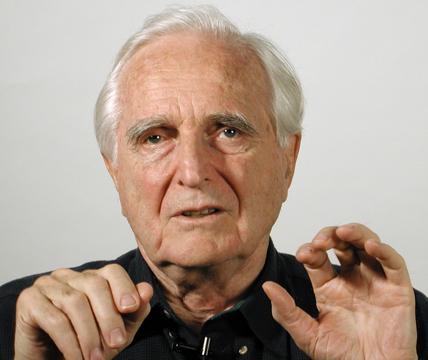 If you’re reading this, take a moment to thank Doug Engelbart. At a time when computers were big, expensive, isolated, finicky, and terribly difficult to program and use, this unassuming genius had a vision of a digital future that was so far ahead of its time that few of his peers took it seriously. He is widely credited with inventing the mouse, but that’s just a tiny part of his grand vision. Graphical user interfaces, interactive computing, the Internet, and more, owe their existence at least in part to Engelbart’s visionary work. Thank you, Doug.
If you’re reading this, take a moment to thank Doug Engelbart. At a time when computers were big, expensive, isolated, finicky, and terribly difficult to program and use, this unassuming genius had a vision of a digital future that was so far ahead of its time that few of his peers took it seriously. He is widely credited with inventing the mouse, but that’s just a tiny part of his grand vision. Graphical user interfaces, interactive computing, the Internet, and more, owe their existence at least in part to Engelbart’s visionary work. Thank you, Doug.
http://www.nytimes.com/2013/07/04/technology/douglas-c-engelbart-inventor-of-the-computer-mouse-dies-at-88.html?pagewanted=1&_r=1&smid=tw-share
In this five-minute TED talk, Ian Ritchie gives one of the best short answers to this question we’ve seen. At the same time, he confesses to making a multi-million dollar misjudgment. Fascinating and fun.
[ted id=1244]
In this TED talk, Mikko Hypponen tells us about–and shows us–a variety of malware species, from the earliest PC viruses to today’s high-tech organized crime menace.
[ted id=1192]